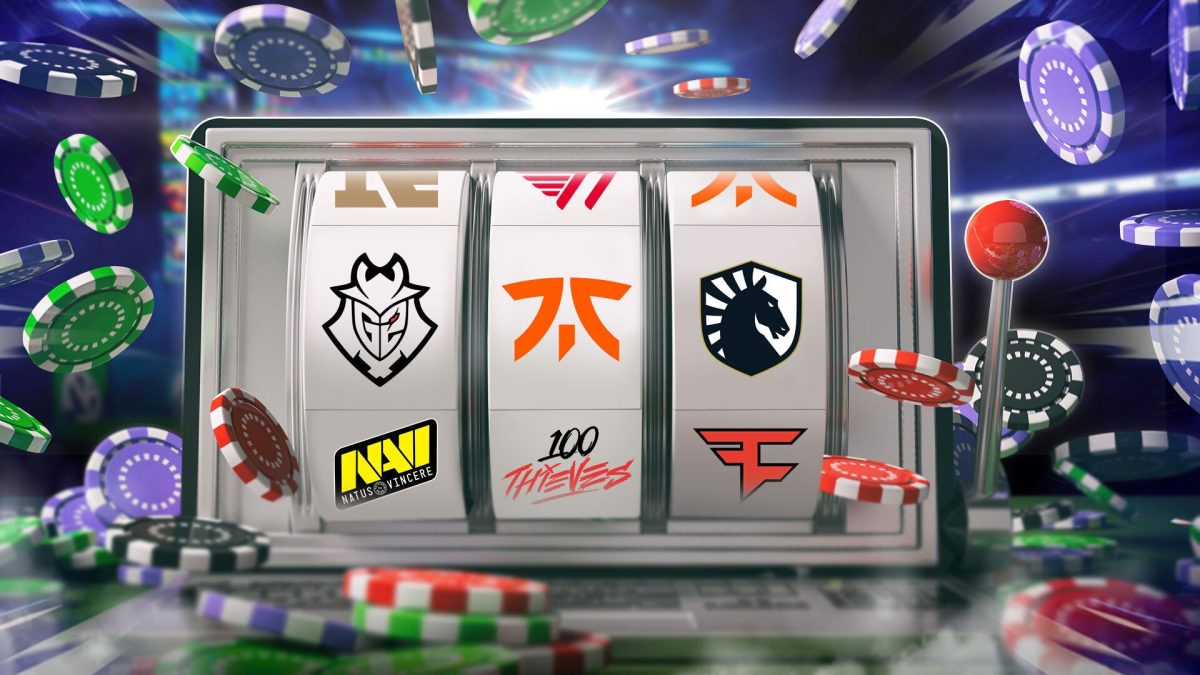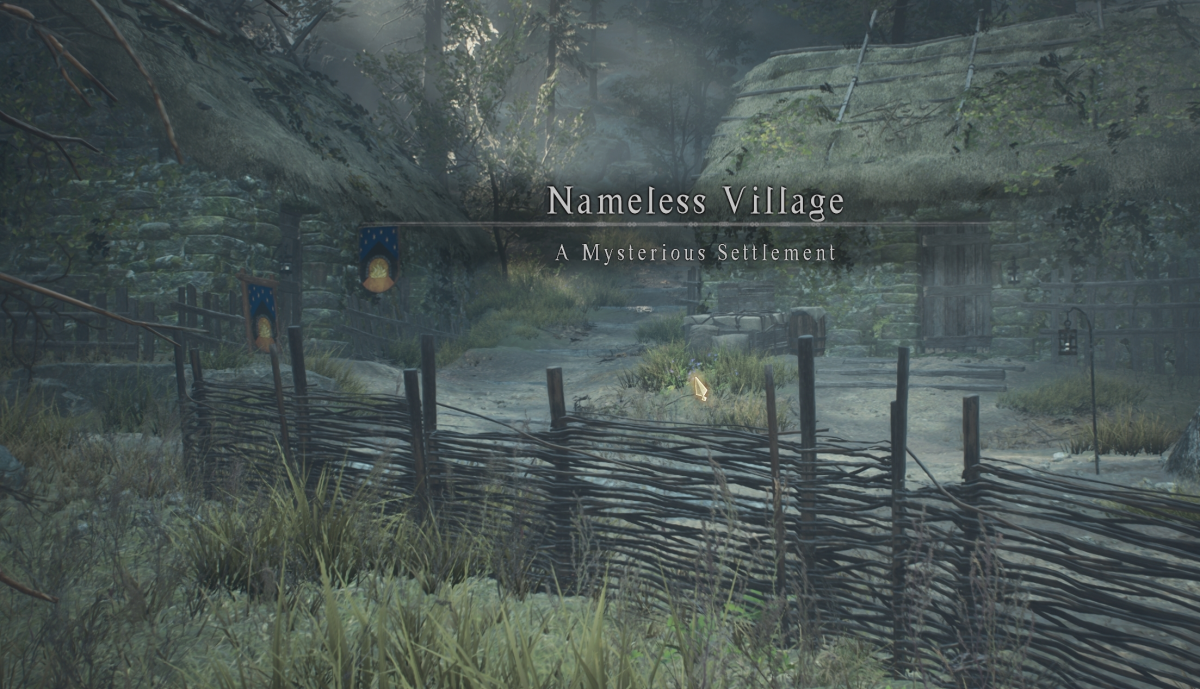Welcome to the series of articles on betting theory, where Alacrity.gg and Upcomer have teamed up to bring you all of the knowledge needed to bet on esports like a pro.
In this series, we’ll cover topics such as where you can place bets, what odds even mean, how oddsmakers set their odds, when you should or shouldn’t bet and how to approach esports betting quantitatively. Keep in mind, though, that betting has its own set of complicated jargon and concepts, so use our glossary as a handy reference.
Types of bets
We’ve talked about where you can place bets and how to read the odds that an online bookmaker gives you. Bookmakers offer a lot of different types of bets that you can place money on, and we’re going to walk you through the common ones.
There are a number of types of bets. These determine what is treated as a “win” and how much you get paid out.
Fixed odds bets
A fixed odds bet is the most common type of bet and what you’re probably thinking of whenever you talk about betting.
A fixed odds bet is placed on a single, binary outcome; either the thing you’re betting on happens or it doesn’t. Odds are agreed upon before placing the bet. If you win, you get a payout determined by those pre-set (fixed) odds. If you lose, you lose your bet stake.
Most commonly, you can simply bet on whether a given team will win their match against some specified opponent or not. For example, you see this line at an oddsmaker:
| FunPlus Phoenix | 1.35 |
| Edward Gaming | 3.08 |
Note that this is actually offering you two separate bets. You can bet on FPX with a 1.35 payout or you can bet on EDG with a 3.08 payout. These odds might change over time as more people place bets on either side but, once you’ve placed a bet, your payout is locked in.
Fixed odds bets can be placed on events with more than two possible outcomes. Most commonly, you can either place a bet on a team to win a season or tournament overall, or you can place a bet on a match where a draw is a possibility. For example:
| Hokori | 3.16 |
| Infinity Esports | 3.63 |
| DRAW | 1.94 |
Here, Hokori are playing Infinity Esports in a best-of-two. If you bet on Hokori to win, that means that they must win 2-0 and outright win the match. The most likely outcome is a 1-1 draw, which has its own odds that you can bet on.
All of the possible outcomes will have their own associated odds. But, for each individual line, you’re still betting on a binary outcome. Either Hokori win (2-0) or they don’t (any other score, 1-1 or 0-2). Either there’s a draw (1-1) or there isn’t (2-0 or 0-2).
In these articles and our bet suggestions, we are going to deal almost exclusively with fixed odds. They best lend themselves to statistical modeling and are the most convenient to work with.
Parlay bet
A parlay bet, also known as an accumulator or multi, is a bet that combines multiple wagers into a single bundle. In order to win the parlay, you have to win every component bet. If you do, the payouts are multiplied.
For example, using the odds above, you want to bet on both Edward Gaming to win and Hokori/Infinity to draw. If you bet $100, EDG winning will turn that into $308, which is effectively entirely placed on the second bet. This will turn that into $597.52. If either bet was lost, your payout would go to $0.
This is, in theory, identical to you stringing these bets together yourself. You bet on the first match and, if you win, you take all of those winnings and bet them on the second match and so on. A parlay simply packages it all up for you so you don’t have to do the work. In addition, this allows you to compound bets on things that you normally wouldn’t be able to do manually, such as games that happen simultaneously. You wouldn’t be able to place those bets sequentially, but a parlay allows you to do so.
However, we would generally advise against parlays for a couple of reasons.
First, a parlay represents a gross misuse of your capital. If you are a value bettor, there is no reason you would place all of your money on a single bet or immediately scale up your bet the moment you’ve won one. We’ll cover bet sizing in substantial detail in a future article. For now, however, keep in mind that you typically want to keep bets within a similar range of values, as well as keep plenty of money in reserve.
Second, parlays typically pay out significantly less than they should. If you roll a one-in-four bet into another one-in-four bet, the odds of you winning both is 1/16. In a perfectly fair world, your payout should be sixteen-to-one. Oddsmakers take a rake off the top, called the vig, so maybe they’ll pay out closer to fifteen-to-one, which is still pretty reasonable. However, a parlay will likely pay out closer to twelve-to-one in this case, which is shortchanging you quite a bit.
Bookmakers rely on the “wow factor” of big numbers to lure bettors in. “Win these two bets back to back and you can earn 1200%,” they say. That seems like a huge number, but the odds of such a payout are very small and even such a high number does not properly reward the risk of the bet. Fortunately, there’s a simple quantitative framework to determine this risk/reward balance, which is expected value. Our next article will cover this exact concept.
Parimutuel bet
In a parimutuel bet, the payout is not defined until the betting window is closed. Instead, everyone places money into a common pot and designates who they think will win some event. After the event, everyone who backed the winner splits the total pot, getting paid out proportionally to how much they put in.
For example, OG Esports are playing PSG.LGD in the grand final of The International 2018. Alice bets $100 on OG, Bob bets $200 on OG and Claire bets $300 on PSG.LGD. OG win, so Alice and Bob split the total pot of $600. Since Bob had put in twice as much money as Alice, he gets twice her payout. He takes home $400 while Alice takes home $200.
You’ll notice that every bettor placed money without necessarily knowing how much they could win. Effectively, the winning side splits the losing side’s bets in profit. It was entirely possible that the only bet on PSG.LGD would have been a $3 bet by Claire, so Alice would only win $1 and Bob $2.
We’ve also skipped past the vig. The oddsmaker will typically take some fixed percentage of the total pot before paying the winners, but this is typically in line with other types of bets.
Generally speaking, when you place a parimutuel bet, you get to see the total bets placed so far on either side. Therefore, you have some sense of the overall volume. If you see that nobody has bet on PSG.LGD yet, you may want to bet on them even if you like OG more. This is because you would then be the sole recipient of all of the winnings and thus get very good effective odds.
However, there is no guarantee that this is what will happen. After you place your bet, maybe a bunch of other people will notice the same thing and balance out the pool. These types of bets will generally converge to some reasonable overall market sentiment and approach the offered fixed odds. However, there’s no guarantee of this.
Because of this, it’s very difficult to predict the value of any bet. Without knowing your potential payout, you can’t calculate any form of risk/reward ratio.
These types of bets tend to be more common in horse or dog-racing events. They are very rare in esports, so we don’t really need to worry about them.
Spread bet
In a spread bet, you’re no longer betting on a binary outcome. Your bet can do more than just win or lose; you’re now being paid (or paying) based on the magnitude of a result.
This is more common in sports — where points scored matter — than in esports, which tend to be binary as to the outcome of a game. (There’s no objective measure of how much a team won by in League of Legends. Gold earned, kills and towers taken can all be used to gauge a team’s position in a game. But there’s no way to say which of these are most important. In the end the only thing that matters is the Nexus). This can come up, however, in looking at total rounds in Counterstrike, for example.
An oddsmaker will typically set a neutral line, and you have to bet whether some total will be above or below that line. For example, the line is at 23 total rounds in a Counter-Strike match. If you take the “over” bet for $100 (betting that there will be more than 23 total rounds), you will win $100 for each round over 23 and lose $100 for each round under 23. Here’s your potential profit at a few possibilities:
| Total rounds | Profit |
| 30 | $700 |
| 25 | $200 |
| 23 | $0 |
| 21 | -$200 |
| 16 | -$700 |
Your profits can get quite high but so can your losses, making this a very risky type of bet. However, if you are at least directionally right, you can make some money without going all the way.
And many many more
In addition to the listed types of bets, there are countless other bet setups that oddsmaker will offer, and probably some being created as you’re reading this.
However, we would advise avoiding pretty much anything other than Fixed Odds bets. Other types of bets are designed to be complicated, obscuring the actual risk and reward, and they’re meant to lure you in with high potential winnings. Consistent value will come from good fundamental betting, not fancy gambling derivatives.
Money lines, handicaps and totals
Apart from many different ways to bet, there are also a plethora of things you can bet on. We’ll cover a few of the more common results to wager on in the context of fixed odds bets.
- Money line: This is the most common bet, where you’re simply predicting which team will win a game, match or tournament. It’s also the most consistently predictable, so it lends itself best to systematic value betting.
- Handicap: Handicap bets are similar to a money line but involve imposing a penalty or advantage on one team. This only makes sense in the context of sports where point totals matter or in multi-game matches. For example, betting on FPX -1.5 in a best-of-five match means that FPX has to win by at least 1.5 games (so, they have to win 3-0 or 3-1). These are typically quoted in half points (1.5, 2.5, etc.) because those scores aren’t actually possible. So, there’s no ambiguity if a team wins by exactly the handicap.
- Totals: You can bet on whether some total statistic from the match will be over or under a given value. For example, betting on whether there will be more than 40 total kills in a game. These can be quite tricky to predict, so we’d generally recommend avoiding them from a value perspective.
- First to X: You can bet on which team will be the first to achieve some objective. First blood, first tower, first baron kill or pretty much anything you can think of. These bets are, frankly, almost impossible to predict. And the vig on them is going to be even higher than for other bet types, so they’re generally only worth it for fun.
There are, of course, an almost infinite number of other things you can find to bet on. If you can think of it, chances are someone will make a market for it. These types of bets can be a lot of edge-of-your-seat fun but, to be a value bettor, you’re looking for outcomes you think you have a good chance to predict correctly, not complete crapshoots.








